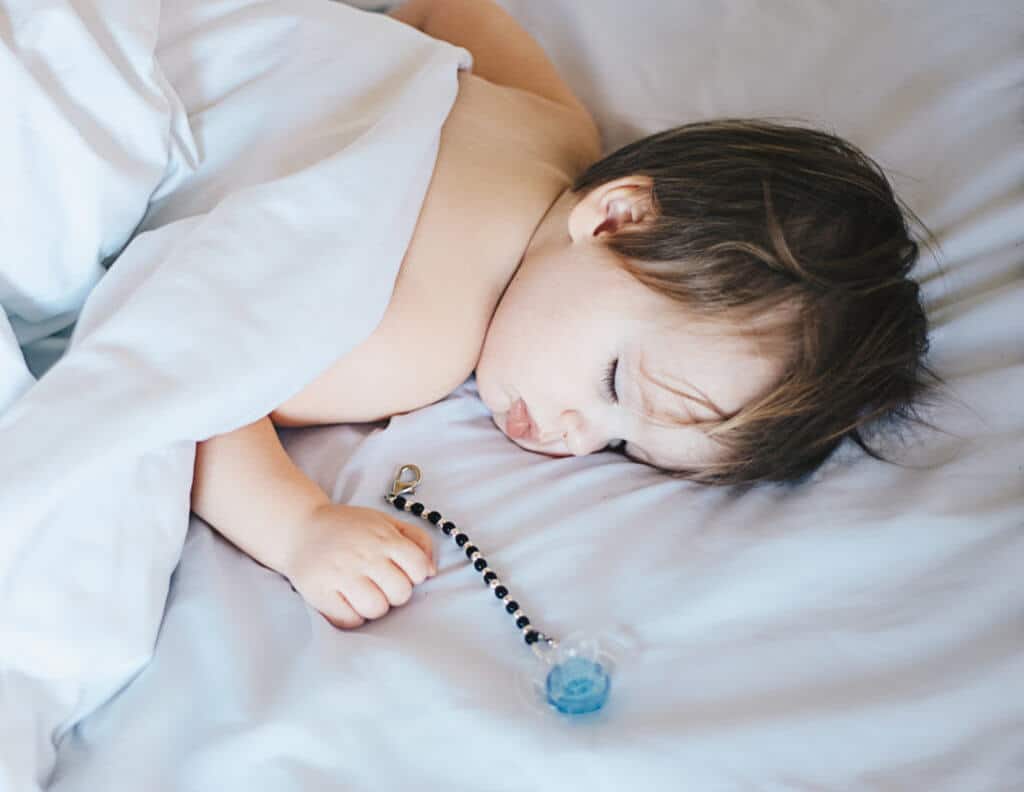When I was pregnant with Charlie, I was clueless about a lot of things when it comes to parenting. One of the big decisions I had to make was whether to breastfeed my baby or not. I was given a lot of useful information from my doctor and decided that breastfeeding was the best thing to do for Charlie. Breastfeeding isn’t easy, though, and I’ve suffered from latch problems, sleepless nights, mastitis, and other nursing difficulties along the way. That said, it’s worth it in the end and I would choose breastfeeding every time again.
Breastfeeding isn’t easy
I knew breastfeeding would be hard but I wasn’t expecting difficulties while I was still in the hospital after giving birth! When breastfeeding Charlie for the first time he had a very bad latch and wasn’t able to nurse. It was painful physically and emotionally.
After a few days, he was starting to get the hang of using a nipple shield to nurse. It was so rewarding to see him happy down there suckling away. I still had to pump every day to fill bottles for him since he wasn’t emptying my breast completely.
Sadly, at two months old, Charlie suddenly stopped nursing. After weeks of trying everything possible, I had to give up and go exclusively to pumping and bottle feeding. Then, another set of issues arrived because of my irregular pumping schedule: mastitis.
What is mastitis?
Mastitis is an infection of the tissue of the breast that occurs most frequently during the time of breastfeeding. It can occur when bacteria, often from the baby’s mouth, enter a milk duct through a crack in the nipple.
How do you know you have mastitis?
Well for me, it starts with a general feeling of sickness. You know, like you’re getting a cold and you just know it’s coming on. That’s what the early stage feels like. Tired and out of it. Then come the body aches. Not your average body aches, I’m talking about intense body aches all over the body, like you’ve been beaten up. Then comes the boob pain. Extreme boob pain. Redness and bruising of the breast, lumps, and hardness. The final warning sign that it is indeed mastitis and not just a clogged duct, I get chills. The chills are so intense that my body shakes uncontrollably under a thick winter down comforter while wearing socks and a sweater. And of course, the last straw: I get a high fever. One time my fever reached 105, and it’s the most miserable I’ve always felt as an adult.
If you’re breastfeeding and feel like you’re getting the flu with sore boobs, you may have mastitis.
What to do if you have mastitis?
Sadly, I’ve had it a dozen times between Charlie and Jude so I’ve become an expert against my will. Mastitis is serious and can lead to a breast abscess if left untreated so it’s important to seek treatment asap. Call your doctor or OBGYN office. They’ll prescribe you antibiotics. I’ve always been prescribed Dicloxacillin. It’s a 10-day treatment, and it’s important to take it for the full duration even if you start feeling better sooner.
In addition, here are a few things to do:
1 – Rest
This is so important. Hire a babysitter if you have to. The only thing you should be doing is feeding your baby/toddler. Stay hydrated. Drink plenty of water!
2 – Cabbage leaves
I know this sounds funny but it actually works. Cup your boob in a cabbage leaf. It doesn’t cure the infection but it provides instant relief on the painful breast.
3 – Hot showers and cold peas
Both heat and cold worked for me. I take hot showers and bath when I have mastitis. Also, I apply a cold pack of peas on my affected boob. Both provide relief but soaking it in hot water seems to help.
4 – Keep breastfeeding
Massage your breast in circles while your baby is nursing. It helps getting things moving in where the plugged duct is. Last time I got mastitis, my toddler, Jude, thought my milk was “yucky”. It was possibly due to the antibiotics but thankfully he nursed anyways.
5 – Probiotics
Take probiotics, especially if you’re taking antibiotics. It will help your whole digestive system and replenish good things inside you that the antibiotics have killed.
How to prevent mastitis?
Well, I’m obviously no expert in preventing it since I’ve had it a dozen times in the past 4 years but there are a few things you can do to help. I went one year without it until last week. Woohoo! Don’t wear bras with underwires. Don’t go too long between feedings to prevent engorgement. And if you’re weaning, don’t quit cold turkey. Wean gradually.
Good luck out there and happy nursing!






No Comments